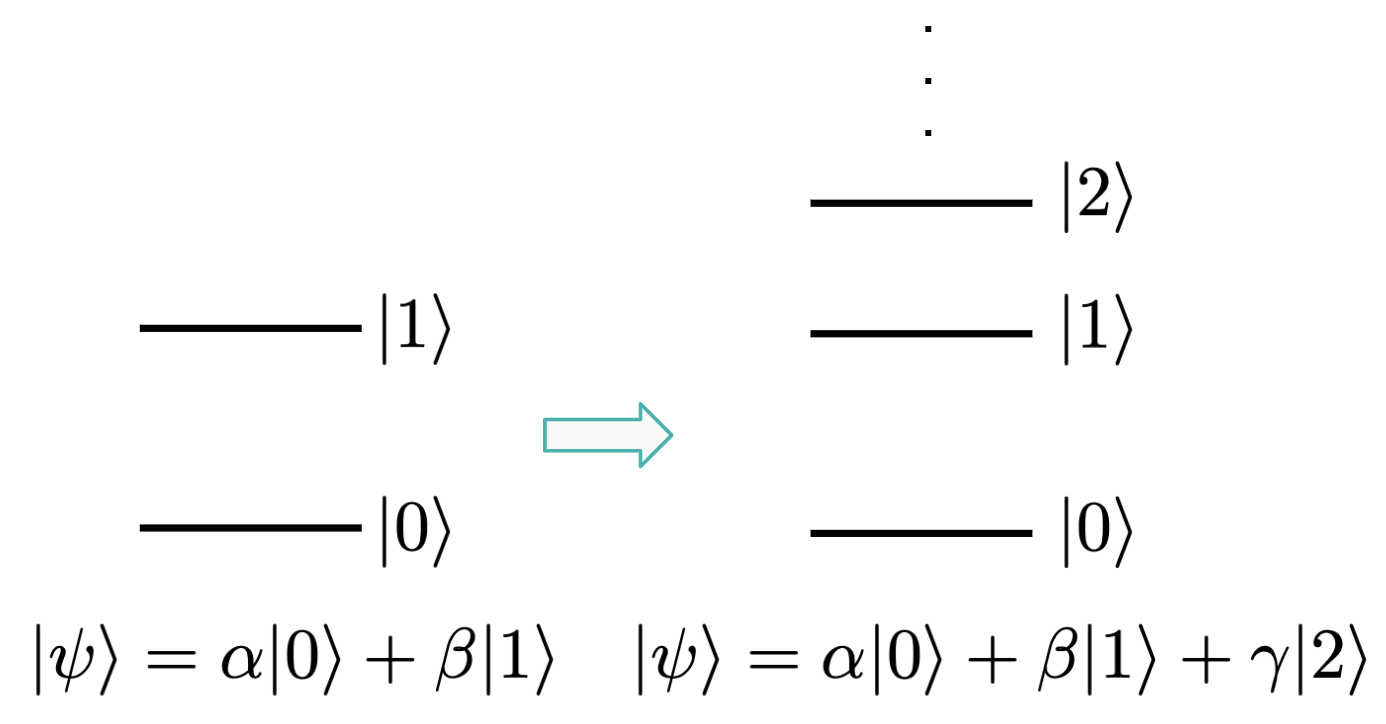The Qubit Supercharged: Researchers Introduce the Qutrit
Three is better than two
Rigetti Computing, one of the players in the quantum computing field, has announced a new development that's sure to surprise at least some of its competitors. While typical quantum scaling techniques have focused on either improving error correction or increasing qubit count, the new concept allows for qubits to increase their usefulness by unlocking a third state, up from the usual two. Qutrits, as the company calls them, have entered the quantum computing fray.
Typical qubits perform calculations across two possible quantum states. This duality meant that qubit states were previously described (in practical applications) in terms of their "ground state" (g), corresponding to "0"; and their "excited state" (e), corresponding to "1". Qubits perform work across the infinite subdivisions between these two states. Qutrits, however, unlock a third quantum state "above 1" — and yes, the state is described as "2."

What this essentially means is that qutrits hold more information than qubits — the equivalent to the infinite encoding possibilities between 0 and 2, instead of between 0 and 1. This allows them to process even more significant workloads. In cases where pure acceleration isn't the aim, though, Rigetti says that its qutrits can also unlock new error-correction techniques, another one of the current bottlenecks between quantum computing and its mainstream market adoption.
Of course, quantum computing is a fickle mistress and is prone to dropping out of its stability state, leading to quantum decoherence and its consequences. These range from no work being done at all to putting up with severe limitations to the quality, and thus usability, of the produced computational results. Naturally, bringing qubits beyond their e state severely decreases the longevity of the system's coherence. This is part of the reason why Rigetti says its qutrits can only provide useful work in a "many microseconds" scale.
That's still more than enough time to perform useful calculations — not unlike our classical PCs that execute billions of cycles per second, it's just on a much larger scale of computing. Qubits can theoretically achieve higher states than "2," but as expected, stability decreases so much that no usable work can (at least currently) be done on those states, locking that particular door for the time being.
Rigetti Computing has already made its qutrit systems available (experimentally) for researchers and clients via its Quil-T instruction-set architecture for quantum computing. That's one more flag unfurled in the quantum computing race. Now we'll have to see if other companies are willing to rally around it.
Get Tom's Hardware's best news and in-depth reviews, straight to your inbox.

Francisco Pires is a freelance news writer for Tom's Hardware with a soft side for quantum computing.